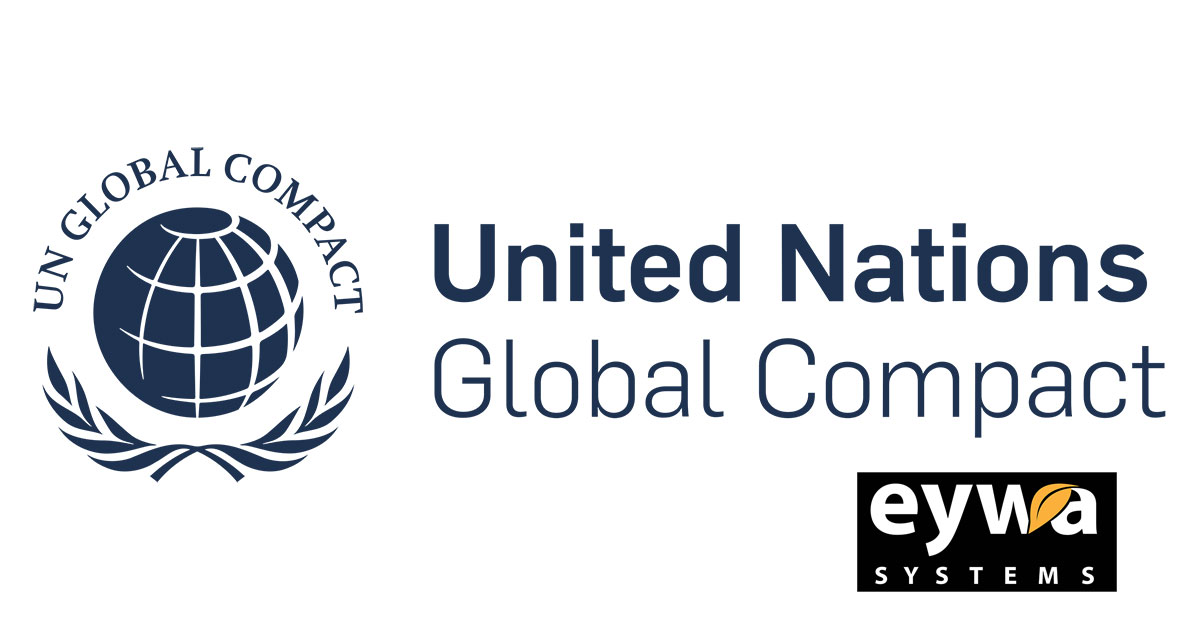A Detailed Review of Article 6.4 of the Paris Agreement
Article 6.4 Technical Infrastructure Introduction and Context Article 6.4 of the Paris Agreement establishes a mechanism for international carbon market transactions under the United Nations Framework Convention on Climate Change (UNFCCC). It provides a framework for cooperative mitigation actions that allow countries, businesses, and other stakeholders to engage in greenhouse gas (GHG) reduction activities, generating […]











